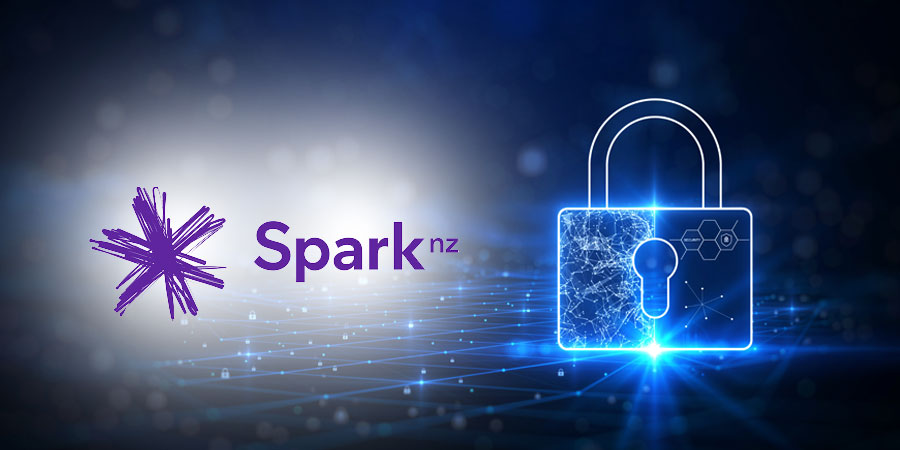Spark plans to introduce new online security measures to protect its consumers in New Zealand and enhance the security of its mobile and internet services against cybersecurity threats.
The new online protections include an automated SMS scam firewall and the adoption of two filters to counteract malware, phishing, and child sexual abuse material (CSAM).
“We want to play our part in protecting our customers from the growing list of threats they face online—from scams and cyber security risks, all the way through to exposure to abhorrent and illegal child sexual abuse material, which exploits vulnerable children,” said Spark Sustainability Director, Leela Ashford.
Improved Cybersecurity Measures
Starting in April, Spark will roll out the SMS scam firewall, which automatically detects known fraudulent SMS content prior to its delivery to the intended receiver.
The firewall is anticipated to effectively reduce the number of scam texts received by Spark consumers by utilizing a worldwide database of verified fraudulent content. It is capable of detecting URLs, words, and ‘calls to action’ commonly linked to SMS scam campaigns, thereby preventing their delivery.
Spark has been proactive in addressing fraudulent operations by actively monitoring the patterns of outgoing SMS traffic from its internal network for the past years.
“While this has resulted in a significant reduction in scam SMS [messages] sent from our own network, our new filter improves our ability to detect and block this activity coming through to our customers from other mobile networks as well,” explained Ashford.
Spark has also declared its intention to join the Internet Watch Foundation in the near future, becoming the first New Zealand internet service provider (ISP) to be a member.
Becoming a member will enable Spark to effectively prevent the spread of CSAM that is present on the Foundation's URL List. This will be strengthened by thorough evaluation carried out by IWF analysts and regularly updated every two days.
Spark has also incorporated the Malware Free Networks (MFN) service—in partnership with the GCSB's National Cyber Security Centre—into its network to prevent unintentional malware downloads by blocking known harmful domains.
Furthermore, Spark has also adopted the 'Brand Indicators for Message Identification' (BIMI) into its spark.co.nz domain, thereby enabling certain email systems to authenticate the legitimacy of an email sent by Spark by displaying either its trademarked logo or a blue verification tick in the sender section.










